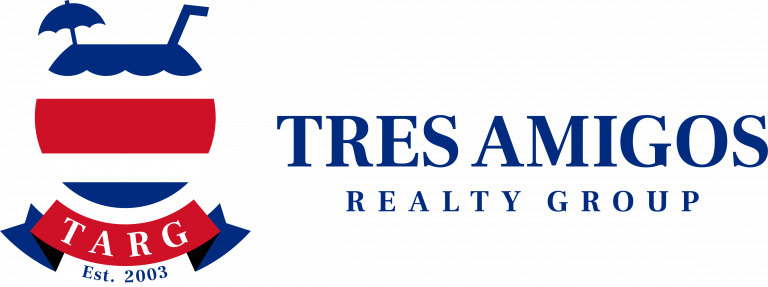Registering properties in Costa Rica involves several legal steps to establish and document ownership rights. The country has a well-established system governed by the Public Registry (Registro Público) and relies on the expertise of Notary Publics.
Steps to Register a Property in Costa Rica
-
Public Registry:
- The Public Registry in Costa Rica is a central institution responsible for recording and maintaining public records related to real estate transactions. It serves as a repository for deeds, mortgages, liens, and other legal documents associated with property ownership.
-
Notary Public Responsibilities:
- Notary Publics in Costa Rica play a crucial role in real estate transactions. They are legal professionals responsible for drafting, certifying, and notarizing the documents associated with property transfers. Their involvement ensures the legality and validity of the transaction.
-
Title Search:
- Before initiating a property transaction, a comprehensive title search is conducted. This involves examining the historical records of the property to verify ownership, identify any encumbrances, and ensure clear title. This step is crucial for buyers to confirm that the property is free from legal issues.
-
Purchase-Sale Agreement:
- The purchase-sale agreement is a legally binding document that outlines the terms and conditions of the property transaction. It includes details such as the purchase price, payment terms, and any contingencies. The purchase-sale agreement can be drawn by a Realtor or an Attorney/Notary.
-
Closing Process:
- The closing process is the culmination of the real estate transaction. During the closing, the buyer pays the agreed-upon purchase price, and the seller transfers ownership by delivering the necessary documents. This includes the deed of transfer, which is notarized and signed during the closing.
-
Deed of Transfer (Escritura):
- The Deed of Transfer, known as "escritura" in Spanish, is a critical legal document that formalizes the transfer of ownership. This document includes detailed information about the property, the parties involved, and the terms of the transaction. The Notary Public notarizes and registers this deed with the Public Registry.
-
Registration in the Public Registry:
- After the closing, the Notary Public is responsible for registering the Deed of Transfer in the Public Registry. This registration officially records the change of ownership and provides a public record of the transaction. It is a crucial step for establishing legal certainty and transparency in property ownership.
-
Property Title and Post-Registration Steps:
- After registration, it is advisable for the new owner to obtain an updated property title from the Public Registry. This document serves as official proof of ownership and includes the latest recorded information about the property.
-
Ongoing Obligations and Property Taxes:
- Property owners in Costa Rica are subject to ongoing property taxes. Staying informed about tax obligations and ensuring timely payments is the responsibility of the property owner to avoid legal complications.
Summing it all up - registering properties in Costa Rica is a slightly complex process that ensures legal transparency in real estate transactions. Including experienced legal professionals, including Notary Publics, is crucial to facilitate a smooth and legally sound property registration process.






